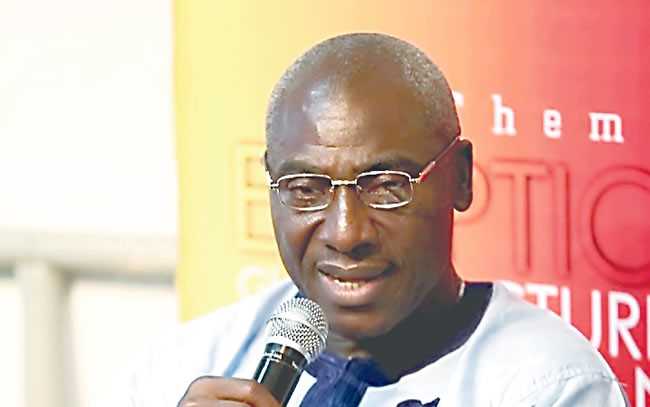Stephen Ukandu, Umuahia & Lawrence Nwimo, Awka
A one-day virtual workshop on engendering and deepening inclusive reporting of electoral and democratic governance issues has ended with a call for journalists to give media space for voices of vulnerable groups to be heard in the country.
The capacity-building workshop by the International Press Center (IPC) Lagos, Nigeria trained no fewer than 40 journalists drawn from 20 different media houses comprising print and online platforms.
Two reporters from Ikengaonline participated in the virtual training aimed at empowering journalists to enhance the inclusive participation of women, youths and the disability community in their media contents.
It was also to sharpen media coverage of elections and matters of governance in the country.
According to the organisers, the participating media outfits were monitored by the IPC for a period of time to evaluate their coverage of inclusivity groups.
In his Lead presentation on “The Imperatives of Mainstreaming Women, Youths and Disability Groups in Democratic Reporting,” Prof. Jide Jimoh of the Department of Journalism, School of Communication, Lagos State University (LASU), urged Journalists to ensure fairness, balanced and accurate coverage of the vulnerable groups during elections and other governance issues.
Prof. Jimoh regretted that out of the 442 stories monitored during the Imo, Kogi and Bayelsa off-cycle elections in 2023, there were only 283 sources out of which eight were female politicians, one PWD and three youths.
He said: “Out of the 442 stories monitored (online inclusive), issues were published in 31 stories representing seven per cent of the total relevant stories. Five stories were published on youths, 11 reports on women and 14 were on PWDs.
“In terms of being used as sources, the PWDs had a low voice representation in print Media with 5 stories representing 0.5 percent and one store online representing 0.4 percent. Inclusive issues received more coverage at 7 percent than print Media representing 1.5 percent.
“Issues affecting women received less coverage on print Media (3.2) than women were used as sources in print (3.5) percent and 4.5 in the online.”
Chief Executive Officer of the Albino Foundation, Mr Jake Epelle, urged Journalists to project issues of disabilities while covering election and governance matters, noting that the hallmark of inclusivity is when the media professionals give voice to the voiceless.
He further cautioned the media to be mindful of using discriminatory language especially while covering issues of disabilities in the country.
Responding to a question on what a journalist should do when members of the inclusivity group are reluctant to speak with the media or are press shy, Mr Epelle encouraged the journalist to reach out to their stakeholders.
On the use of uncomplimentary terms to qualify the group, Mr Epelle advised the Persons With Albinism be used instead of Albinos; and Persons With Disability (PWD), instead of Disabled people.
IPC Managing Director, Lanre Arogundade charged participating journalists and media houses to integrate inclusivity in their media coverage to ensure that more issues of women reported.
He also advocated for editorial policy that reflects the views of women, youths, and PWDs in the editorial process and news coverage.
The IPC boss, charged the participating 20 media outfits to reflect inclusivity in their coverage of the forthcoming off-cyle elections in the country, and to serve as role model for others.
“Think of what to do differently to get results,” he said, adding that the Centre will monitor compliance and recognise excellence.
Representative of Yiaga Africa, Tolutope Famoranti, said that eliminating gender stereotypes would go a long way in paving way for women to take leadership roles.
The Executive Director of the Wole Soyinka Centre for Investigative journalism (WSCIJ), Mrs Motunrayo Alaka, who anchored the workshop, said the overall objective of the project was to strengthen the media for fair, accurate, ethical and inclusive reporting of the electoral processes and elections.
IPC Programme Officer, Melody Akinjiyan, said the virtual media forum was for reporters/correspondents on engendering/deepening inclusive reporting of electoral and democratic governance issues.
She said the virtual workshop was part of activities under Component 4 (Support to media) of the European Union Support to Democratic Governance in Nigeria (EUSDGN II) project, of which IPC is the lead partner.
The workshop also featured question and answer, as well as interactive sessions.

